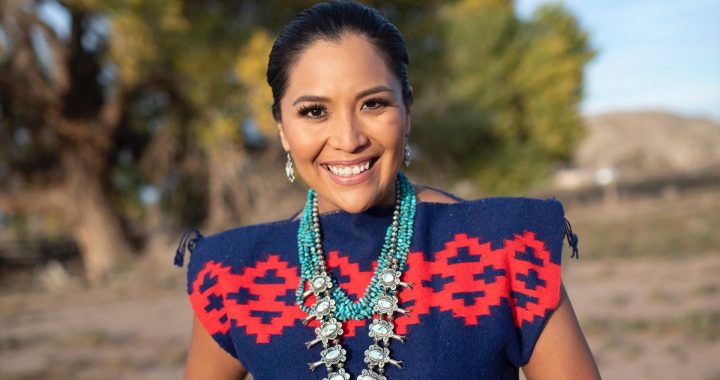The Native Women’s Shelter of Montreal (NWSM) has filed a request for an inquiry with Quebec’s human rights commission against a youth protection service in the city.
Specifically, the NWSM is teaming up with the Centre for Research Action on Race Relations, a civil rights advocacy group, to request an inquiry to look into what they call “practices that are deemed to be discriminatory” at Batshaw Youth and Family Centres.
According to Nakuset, executive director of the NWSM, her organization has been trying to work with Batshaw for eight years.
“What’s most unfortunate is that if you don’t actually put a request into the human rights commission, that nothing gets resolved, nothing happens,” says Nakuset.
“Currently there is only one social worker within Batshaw that is Indigenous,” she adds.
APTN News contacted Batshaw for comment. According to Judy Martin, a board member at the agency, the lack of Indigenous workers isn’t for lack of trying.
“At the moment we have two open positions for Indigenous workers and there have not been applicants for the position,” she says. “These positions have been posted for almost a year.”
“Can we talk about the children who are not allowed to talk to their parents in front of a social worker in Inuktitut? Can we talk about the social workers that have these derogatory comments that they talk to our workers about Indigenous people,” said Nakuset during a video press conference.
As alluded to by Nakuset, this isn’t the first time Batshaw has been the target of criticism for how it handles Indigenous youth in care.
Following accusations that Inuit youth weren’t being allowed to speak Inuktitut, Quebec’s human rights commission concluded that although there was no “formal rule prohibiting Inuit youth in rehabilitation centers from speaking their mother tongue, that Inuit youth were being denied “cultural preservation” and recommended that “the right of Inuit youth to freely speak their mother tongue be reaffirmed and that this right be clearly written into the codes of conduct.”
Martin says young people are only asked to not speak their language under certain circumstances.
“We allow the children to speak in their native tongue, the only time that we would ask them not too is when it is flagged to us that their safety might be at risk,” she says.
Batshaw did receive a vote of confidence recently from Makivik, the organization that represents Inuit in Quebec.
In a news release dated October 5th, it says that “…discussions are underway to improve the situation for Nunavik youth who are under the care of the centre.”
Regardless, patience at the Native Women’s Shelter has worn thin. They say Batshaw has had more than enough time to address issues that have been raised in multiple studies and reports including the Truth and Reconciliation calls to action, the Viens commission, Quebec’s Laurent Commission into child welfare services as well as their own 2019 collaborative study entitled “One step forward, Two Steps back”.
“They have the solutions because we’ve given it to them already and it’s just a lack of will or I don’t know, ego? I don’t know what it is because it’s beyond us,” said Mel Lefebvre, vice president of the NWSM.
For her part, Martin maintains that Batshaw is working on several recommendations.
“I would disagree that nothing has been done, a lot of things have been implemented, let’s not forget we’ve been in a pandemic for 18 months,” added Martin.
The Quebec Human Rights Commission’s response to the request from the shelter for an inquiry is expected in the coming weeks.









